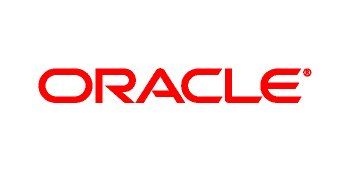It would appear that even Intel has certain areas where it does not perform well enough to meet its partners standards, to the point where a certain CPU platform has lost Oracle's support.
Intel, being the world's greatest supplier of microprocessors, is, naturally, involved in practically every facet of the worldwide industry.
Granted, the biggest amount of fame springs from the products it has for the consumer market, those CPUs based on the x86 architecture, especially with integrated graphics.
Nevertheless, the fact remains that the Santa Clara, California-based company has other sorts of chips as well, like the Itanium.
Unfortunately, it seems that Itanium failed to impress lately, enough that Oracle decided to no longer develop software for it. Moving forward, the outfit will keep supporting the x86-64 and other popular server platforms.
The main reason behind this decision is that, after buying Sun Microsystems in 2010, Oracle now has its own mission-critical server platform.
“After multiple conversations with Intel senior management Oracle has decided to discontinue all software development on the Intel Itanium microprocessor. Intel management made it clear that their strategic focus is on their x86 microprocessor and that Itanium was nearing the end of its life,” said the official announcement.
Oracle is not really the first to drop Itanium, and the move is not even surprising, considering that this architecture isn't expected to last for much longer anyway.
Dell and IBM dropped it as far back as 2005, while Intel itself stopped including Itanium support in its C/C++ and Fortran compliers (2011).
Moving forward, Oracle will probably focus on the Sun SPARC, although it will continue to support current versions of Oracle software on Itanium-based servers.
As a side note, Oracle is not the only company to take this move, as RedHat and Microsoft have also set the server platform aside. What remains is to see how competitive the SPARC becomes.
UPDATE: HP took a stand quite opposite from that of Oracle, which we covered in more detail here. The company actually seems quite surprised at the decision.
“Oracle continues to show a pattern of anti-customer behavior as they move to shore up their failing Sun server business,” said Dave Donatelli, executive vice president and general manager, Enterprise Servers, Storage and Networking, HP.
“HP believes in fair and honest competition. Competition is good for customers, innovation and the marketplace. We are shocked that Oracle would put enterprises and governments at risk while costing them hundreds of millions of dollars in lost productivity in a shameless gambit to limit fair competition.”

 14 DAY TRIAL //
14 DAY TRIAL //